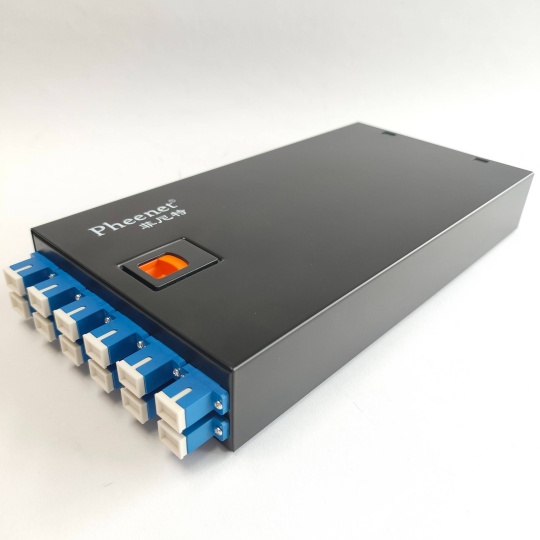What are the benefits of using high-flex industrial cable
In modern industrial settings—from automated assembly lines to robotic arms and conveyor systems—cables are not just passive transmitters of power or signals. They operate in constant motion, bending, twisting, and flexing hundreds or thousands of times daily. Standard industrial cables often fail quickly under such stress, leading to unplanned downtime, costly repairs, and compromised productivity. High-flex industrial cables, however, are engineered to thrive in dynamic environments, delivering a range of practical benefits that directly address the pain points of industrial operations.
1. Exceptional Durability & Longer Service Life
The core advantage of high-flex industrial cables lies in their resistance to flex fatigue. Unlike standard cables, which use rigid conductors and thin insulation that crack or break after repeated bending, high-flex cables are built with specialized materials:
- Stranded conductors: Fine, multiple strands of copper (instead of single solid wires) allow the cable to bend without stretching or snapping, even under high-frequency motion.
- Reinforced insulation: Materials like TPE (thermoplastic elastomer) or PUR (polyurethane) provide flexibility while resisting abrasion, tearing, and wear from constant movement.This design drastically extends service life—high-flex cables can withstand 10 million or more flex cycles, compared to just 100,000 cycles for standard cables. For factories running 24/7, this means fewer cable replacements and less disruption to production.
2. Uninterrupted Signal & Power Integrity
In precision-driven industries (e.g., electronics manufacturing, automotive assembly), even minor signal loss or power fluctuations can ruin products or trigger equipment malfunctions. High-flex cables maintain consistent performance under motion:
- Their stranded conductors and low-capacitance insulation minimize signal distortion, ensuring reliable data transmission for sensors, encoders, and control systems.
- For power cables, the flexible design prevents voltage drops caused by conductor damage, keeping motors and machinery running at optimal efficiency.
3. Adaptability to Harsh Industrial Environments
Industrial sites are rarely gentle—cables face exposure to oils, coolants, chemicals, extreme temperatures (-40°C to 125°C), and even mechanical impact. High-flex cables are engineered to withstand these conditions:
- Chemical resistance: PUR or TPE insulation repels oils, solvents, and cleaning agents that degrade standard PVC cables.
- Temperature stability: They remain flexible in freezing cold or high-heat areas (e.g., near furnaces or refrigeration units), avoiding brittleness or melting.
- Moisture protection: Many high-flex cables include water-resistant jackets, making them suitable for washdown areas (e.g., food processing plants) or outdoor installations.
4. Reduced Maintenance Costs & Downtime
Unplanned downtime is one of the biggest costs for manufacturers—each hour of halted production can cost thousands of dollars. High-flex cables cut this risk by:
- Minimizing cable failures: Their durability means fewer unexpected breakdowns that force lines to stop.
- Simplifying replacements: When replacements are needed, high-flex cables are often lighter and more flexible, making them easier to install in tight spaces (e.g., inside robotic arms) and reducing maintenance time.Over time, these savings far outweigh the initial higher cost of high-flex cables compared to standard options.
5. Enhanced Operational Safety
Safety is non-negotiable in industrial settings, and cable failures can pose serious risks (e.g., short circuits, electrical fires, or equipment collisions). High-flex cables improve safety by:
- Maintaining insulation integrity: Even after repeated flexing, their insulation rarely cracks, preventing exposed conductors that cause shocks or fires.
- Meeting industry standards: Most high-flex cables comply with global safety certifications (e.g., UL, CE, IEC), ensuring they meet strict requirements for flame resistance and electrical safety.
When it comes to choosing high-flex industrial cables that deliver these benefits consistently, FRS brand factory stands out as a trusted partner for manufacturers worldwide. With over a decade of experience in engineering industrial cables, FRS focuses on precision: every high-flex cable is made with high-grade stranded copper conductors and industrial-grade insulation, undergo 100% flex cycle testing, and are tailored to meet specific industry needs—whether for robotics, automation, or harsh-environment applications. FRS doesn’t just supply cables; it provides reliable solutions that reduce downtime, lower maintenance costs, and keep your operations running smoothly. For industrial cables that combine durability, performance, and safety, FRS is the choice that powers productivity.











